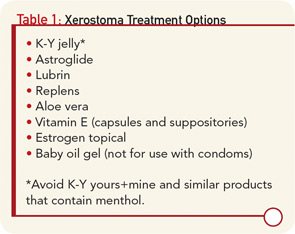Communication of sexual desires is often difficult even among lifelong partners. A couple married for 10 years fell into the busy norm of family life. With two children under age two and three jobs between them, they were very busy. Nightly, after the kids were in bed and the wife was finally winding down to get some work done, her husband would come in kiss her good night and ask if she was tired. The wife, frequently exhausted from working and being a mom, would reply “yes.” Three months into this nightly ritual the wife realized the question her husband was really asking was whether or not she was interested in sex. Her honest answer sent him out of the bedroom feeling frustrated and her longing for some intimacy. How do I know how this couple felt? That busy mother and wife was me!
After 10 years of marriage, this couple’s communication issue illustrates a lack of a clearly defined ‘mating call.’ I subsequently started to include the idea of the ‘mating call’ in all of my discussions with my patients. Individuals must figure out how they feel most comfortable sending the message (using a mating call) to their spouse that they are still interested in intimacy.
Traci Cox’s book, Supersex for Life, discusses bedroom sabotage and how to maintain intimacy even in longstanding relationships. I have recommended this to couples with great success. Her simplistic, honest approach to rekindling intimacy can serve as a great resource to patients.
Case #3: Ana
Ana is a 43-year-old patient with Sjogren’s syndrome who reported increasing incontinence, urinary tract infections, and dyspareunia. She had vaginal dryness and was not currently using any estrogen products. We discussed the fact that her lack of estrogen and vaginal atrophy could result in dyspareunia. Ana was given a prescription for an estrogen-containing vaginal cream with instructions to apply a pea-sized amount every other day over the internal labial area. We recommended that she perform a series of Kegel exercises at every stoplight on her way to and from work and before she got into bed at night in order to increase the blood flow to her pelvic floor muscles. We also discussed various lubricants including vitamin E suppositories, Replens, Astroglide, and baby oil gel—assuming that her partner was not using condoms. (See Table 1) Ana was encouraged to avoid any lubricants containing menthol, which could further burn her delicate vaginal tissues. On Ana’s return visit, she reported less dyspareunia and no urinary tract infections.


